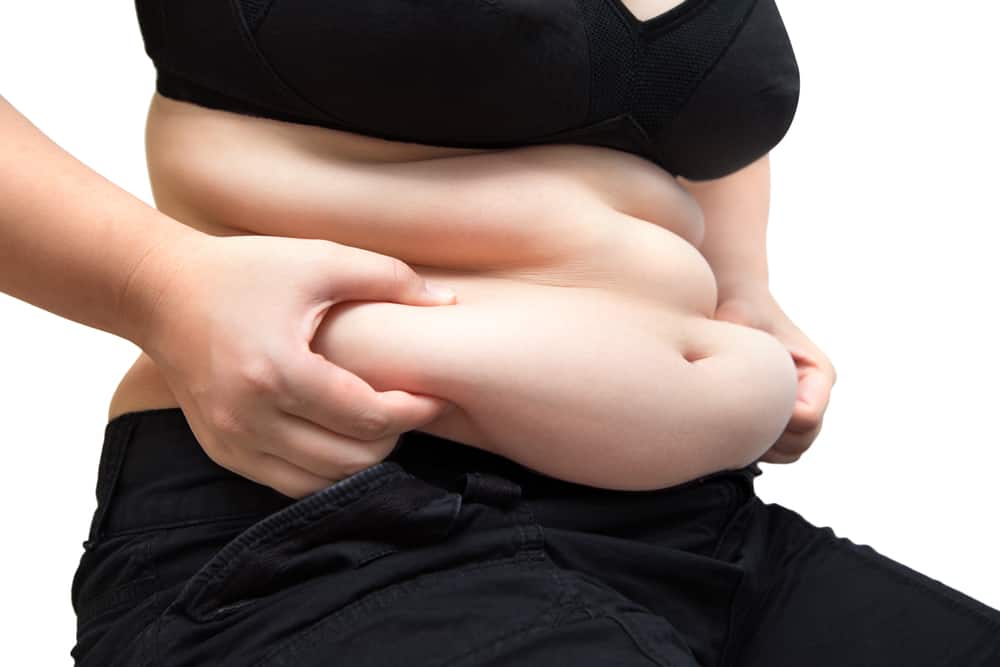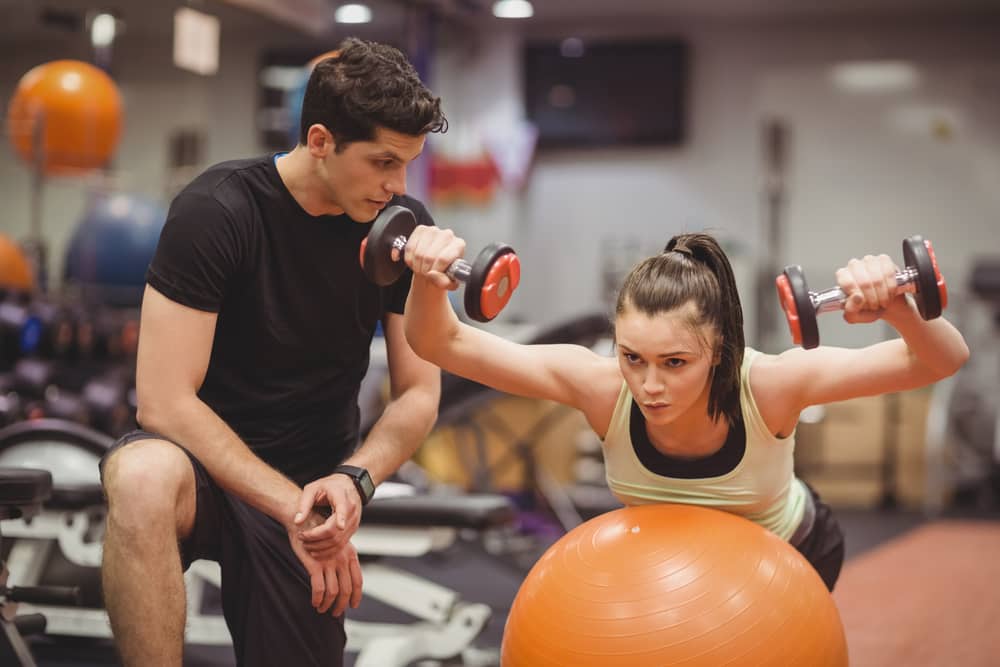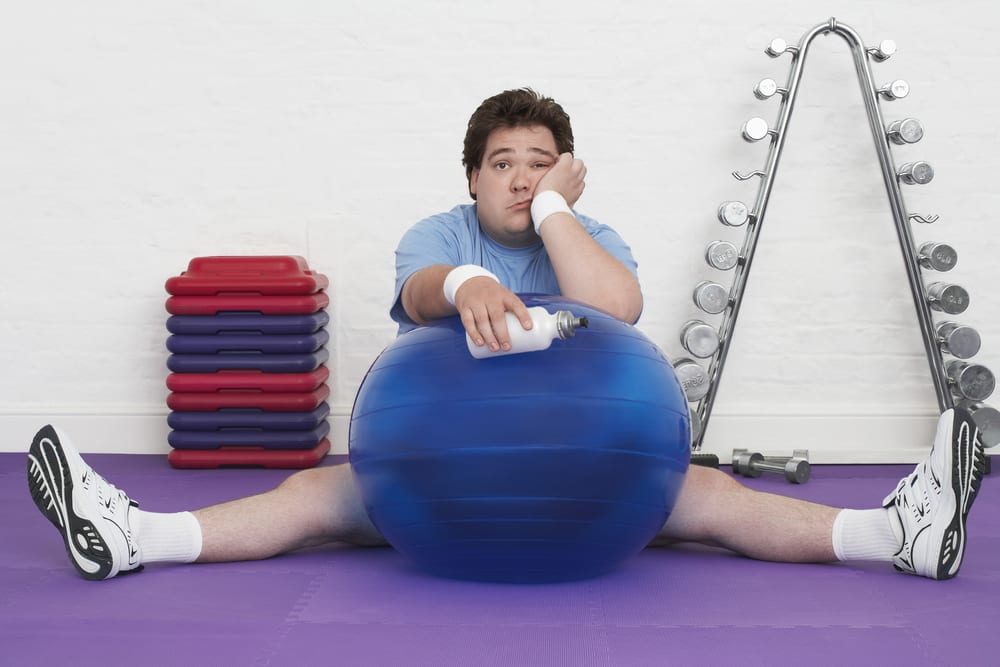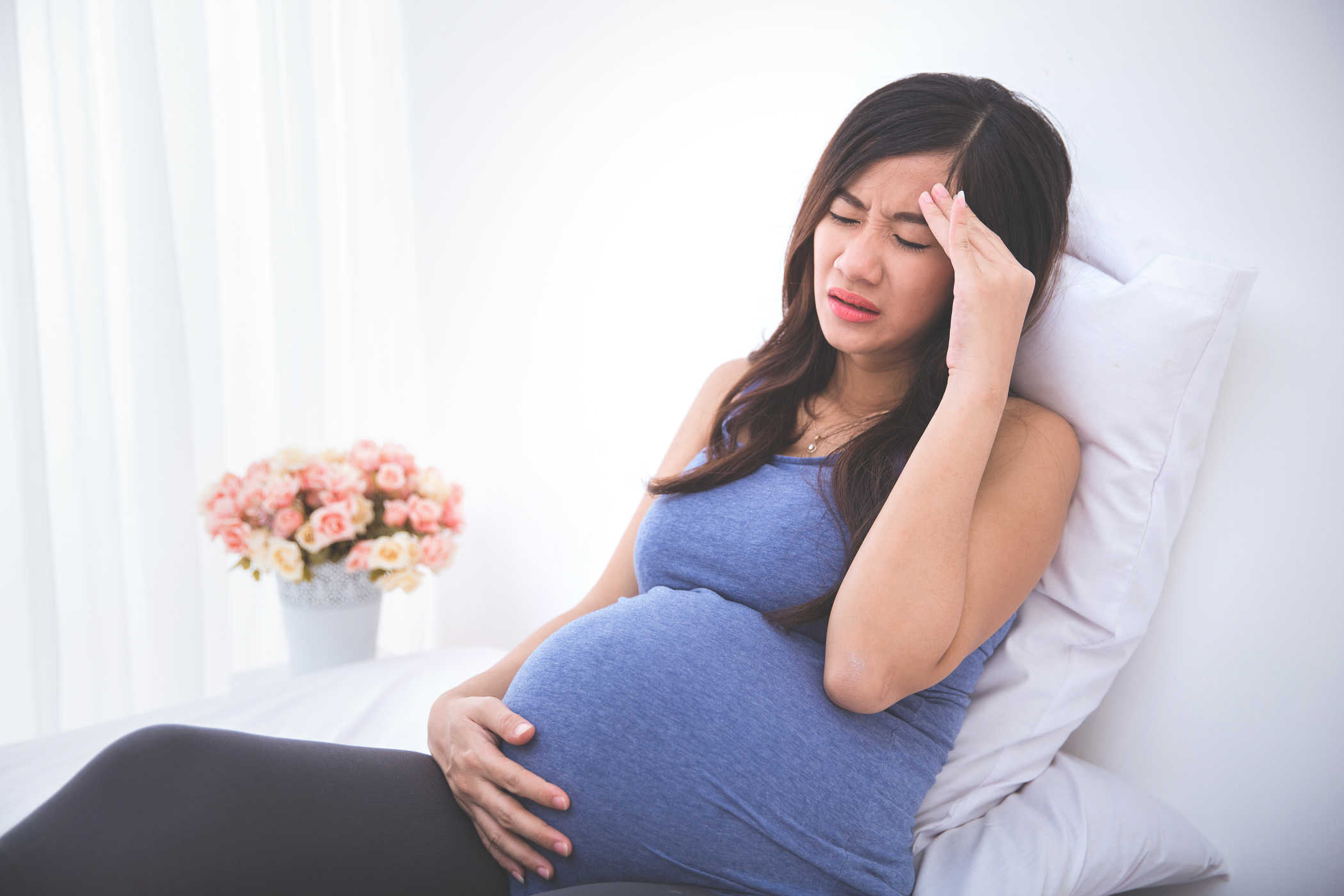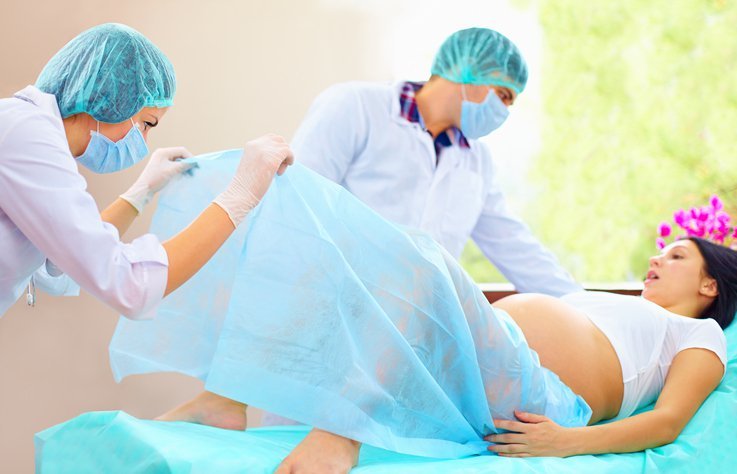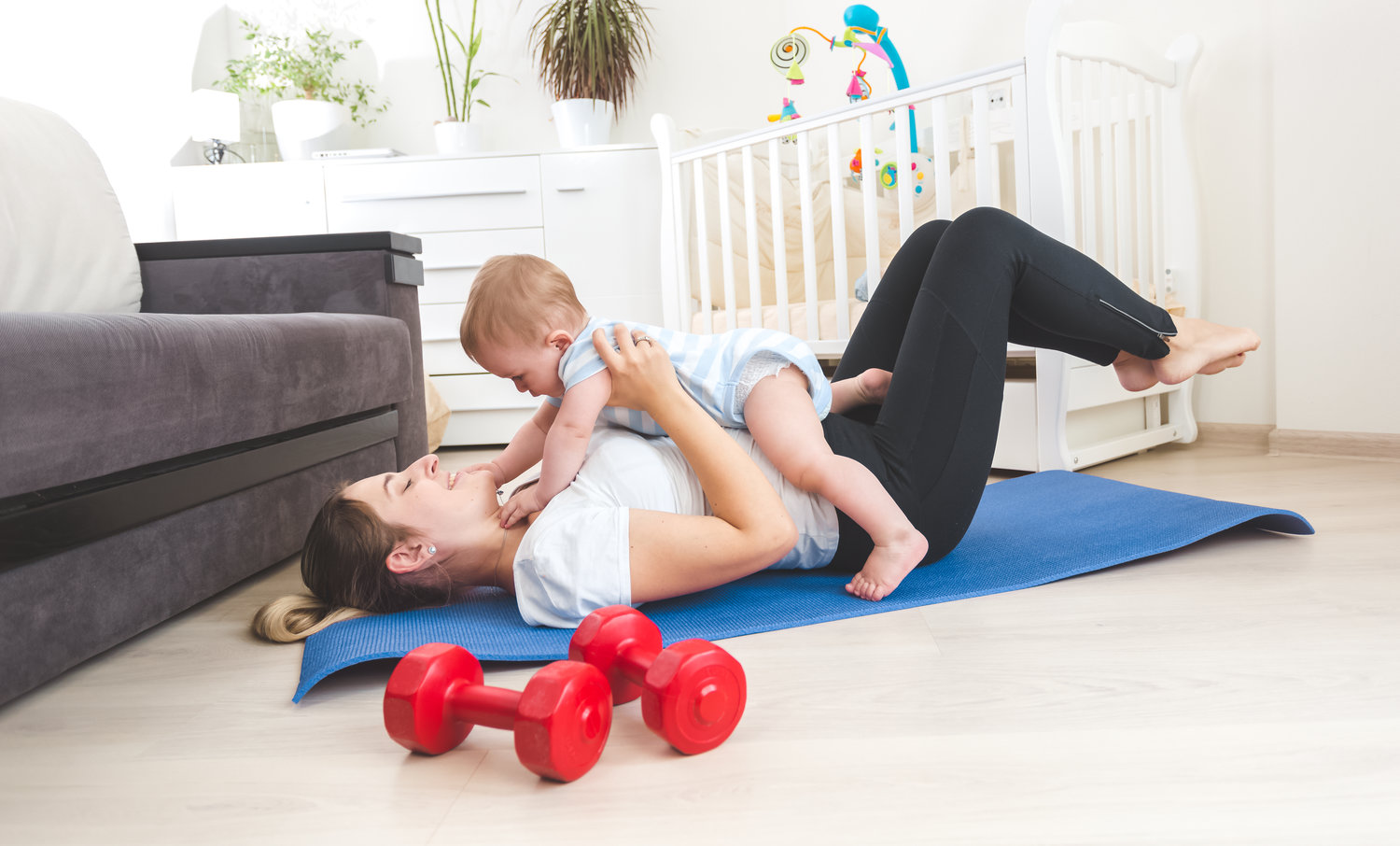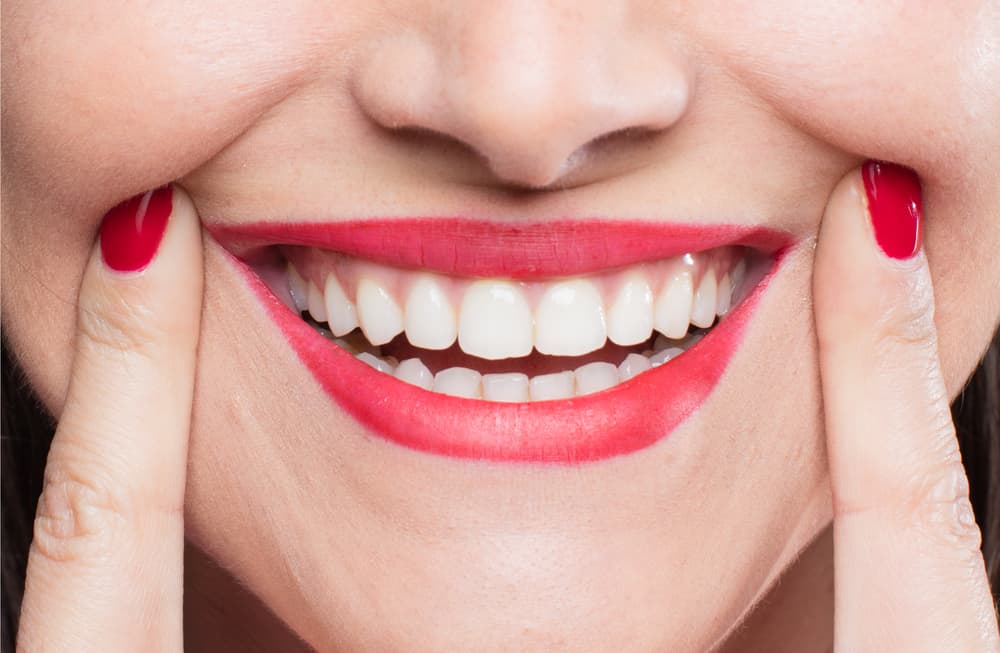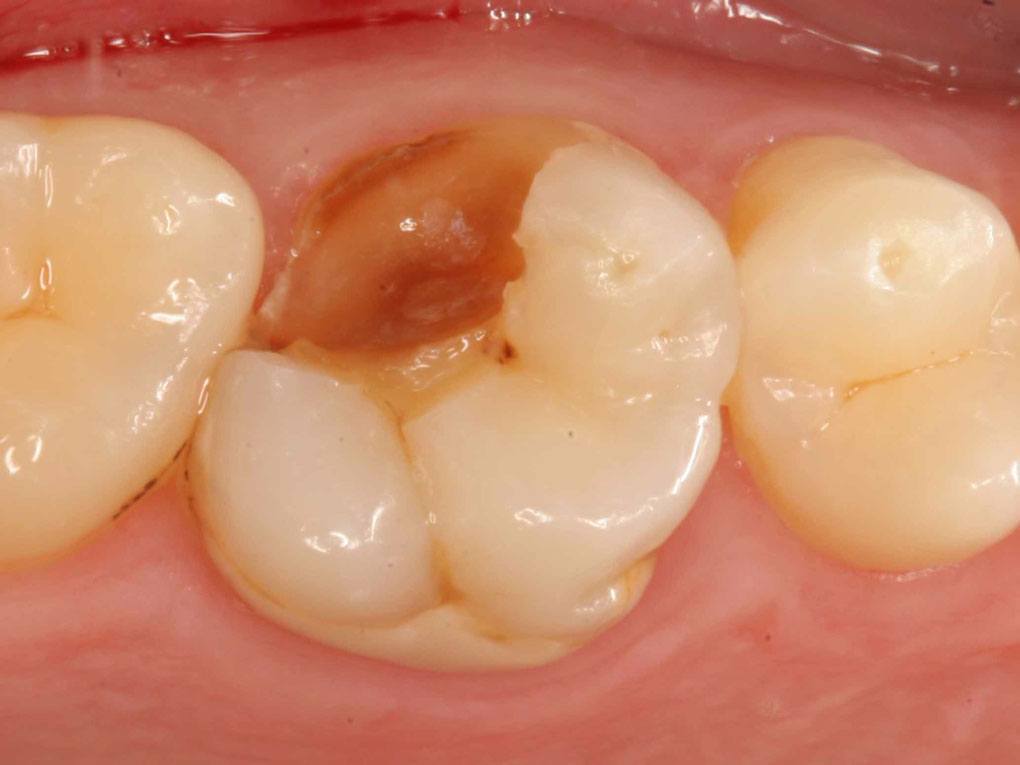Contents:
- Medical Video: Radiation Therapy of the Breast or Chest-wall: Acute side effects and self-care recommendations
- Overcoming bone and joint pain:
- Overcoming heat damage (hot flashes):
- Overcoming fatigue:
- Overcoming nausea:
Medical Video: Radiation Therapy of the Breast or Chest-wall: Acute side effects and self-care recommendations
After surgery, women diagnosed with hormone-receptor-positive breast cancer usually use hormone therapy drugs to reduce the risk of cancer return (recurrence). Hormone therapy drugs work in 2 ways, namely reducing estrogen levels in the body, and inhibiting estrogen work in breast cancer cells.
Research shows that about 25% of women who undergo hormone therapy to reduce their risk of recurrence usually don't want to start or even stop treatment early because of the difficult side effects.
Although the side effects of hormone therapy are sometimes unpleasant, in reality hormone-receptor-positive breast cancer can return. Hormone therapy after surgery can reduce risk. If you undergo hormone therapy after surgery, it is important to remember that there are many effective ways to bypass various side effects that make it difficult for you. If side effects are a problem for you, talk to your doctor about how to manage them. You can also undergo other hormonal therapies.
Here are some tips to alleviate side effects in general hormone therapy.
Overcoming bone and joint pain:
- Immediately notify your doctor as soon as you feel bone or joint pain. Don't wait for the pain to become unbearable. You might be able to replace other hormone therapy drugs that can relieve pain.
- Painkillers, such as naproxen and ibuprofen, can relieve bone and joint pain.
- Complementary and holistic treatment techniques, such as acupuncture, chiropractic therapy, massage, music therapy and hypnosis, have been shown to relieve bone pain.
- Warm or cold compresses or a combination of both can relieve the painful area. Heat can reduce muscle tension and cold can reduce inflammation.
- A healthy diet that includes calcium and vitamin D is sufficient to maintain strong bones.
- Maintain an ideal body weight to reduce pressure on the muscles.
- Regular exercise. Exercise can make strong bones and joints flexible. A December 2013 study found that exercise can relieve joint pain caused by aromatase inhibitors.
Overcoming heat damage (hot flashes):
- Immediately notify the doctor as soon as you experience hot flashes aka heat attack. Don't wait until the situation is severe. You may be able to stop treatment for one to two weeks, repeat it with a low dose and slowly increase the dose. Your body will be more adaptable in this way. You can also replace it with a treatment that doesn't cause too much hot flashes.
- Avoid triggers hot flashes such as stress, smoking, alcohol, caffeine, diet pills, hot food or drinks, hot showers, saunas, rooms or hot temperatures.
- Reduce fat consumption. A low fat diet can help people with hot flashes. Reducing excess weight can help, but reducing too much weight can worsen the condition.
- Wear layered clothes so you can take off one of your clothes if you feel hot.
- Don't use thick clothing like wool, synthetic or silk. Use loose and ventilated materials such as cotton, linen and rayon.
- Provide cold water so you can cool the body. Bring cold water when you travel.
- Lower the room temperature with AC or turn on the fan.
- Sleep in cotton pajamas. If you experience hot flashes and sweating at night, sleep with minimal clothing.
- Put cotton cloth on the bed. Cotton absorbs sweat and dries quickly.
- Bathe with cold water before going to bed.
- Consider complementary and holistic therapy. Techniques such as meditation, massage, yoga and acupuncture can help.
- Ask your doctor about techniques that can help you sleep if hot flashes interfere with your sleep.
- Be patient. Your body is going through several changes. Once the change has finished, you will feel normal again.
Overcoming fatigue:
- Consult a doctor. You might be able to replace other hormone therapy drugs that can relieve fatigue.
- Complementary and holistic medicine techniques, such as acupuncture, massage, meditation, tai chi and yoga, have been shown to relieve fatigue.
- Eat healthy foods, including fresh foods such as fruit, vegetables and lean protein.
- Exercise regularly. Exercise can increase stamina and relieve fatigue.
- Siesta. Avoid taking long naps to sleep at night. Napping should be no more than 30 minutes, so you don't sleep too well. (A dazed feeling after waking up means you take a nap too long). If you need a nap every day, schedule a nap and avoid napping after 2pm.
- Make a routine. Sleep at the same time at night and wake up at the same time. Get out of bed as soon as you wake up. Make sure you get enough sleep and the same time every day.
- Make a diary. Note whenever you feel tired to identify when you feel most tired.
- Plan activities when you have the most energy. Set a resting schedule when your energy is low. Make sure you balance every activity with rest if you need it.
- Organize activities every day. Find out what you need to do and when to do it. With this, you can save energy.
- Seek help. Receive offers of help from family and friends. If no one offers help, try asking for the help you need for small things, like throwing out trash, folding clothes or paying bills.
- Join the support community. Sharing feelings with others can ease the burden of fatigue and inspire you to overcome fatigue.
- Keep a list and notes about important things if your memory and concentration are affected by fatigue. Take time for activities that require concentration.
- Befriend yourself. If you are tired, don't blame yourself for not being able to do what must be done. Blaming yourself can further drain your energy and increase depression. Do good things for yourself and rest as long as you need them.
Overcoming nausea:
- Eat a small portion throughout the day, so you don't feel full quickly.
- Eat dry foods that do not make nausea, such as chips, bread and cereal.
- Avoid oily foods.
- Try ginger-based foods, such as ginger ale, ginger tea, or dry ginger to relieve nausea.
- Sit after eating. Lying after eating can interfere with digestion.
- Wash your mouth before and after eating to get rid of the feeling that makes you nauseous.
- Ask someone to cook or buy food so you avoid the smell of food that can make nausea.
- Ask your doctor for anti-nausea medications that you can use when you treat cancer. There are anti-nausea drugs that can be used in conjunction with drugs that make nausea.
- Consider complementary and holistic techniques such as acupuncture, relaxation and visualization to reduce nausea.
Hello Health Group does not provide medical advice, diagnosis or treatment.


